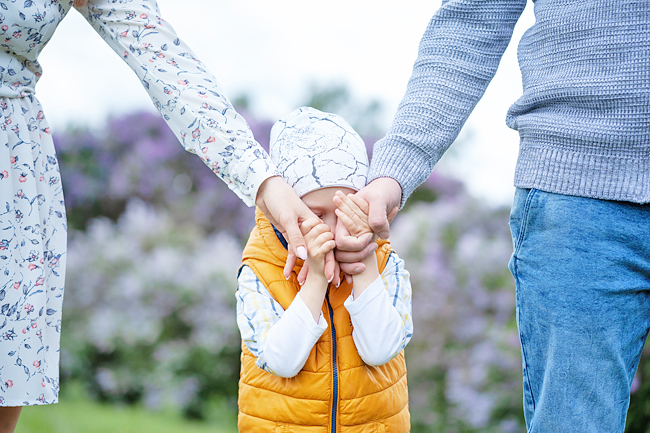Meghan Leahy
THE WASHINGTON POST – Q: Before first grade, a child told my son things such as, “I’m going to kill you”. My son told us months after this took place, so we could not inform the camp he was attending. We dealt with that situation by reinforcing how loved he is and by letting him know what he can do in the future (tell a grown-up). I also talked to the other child’s parents and ensured that they weren’t grouped together for school or camp.
Now he’s eight and in third grade, and kids are saying things such as, “I’ll murder you”, during team sports. When I approach the coach and other parents, they respond that this is “friendly competitive banter”. My son was visibly upset by this talk.
What tools can I give him to support him with this? My initial reaction is to tell him to be super sarcastic in response, such as, “Sure, see how that works out for you”. But I am not sure whether that is the correct response.
Is this really the new way kids are talking to each other? It seems really out of touch. I played competitive sports through college, and that was never the language we used.
I would love any advice on how to respond to situations like this as a parent, as well as best practices for children dealing with this talk.
A: I am so sorry to hear this. Thank you for writing in.
As much as we would all like our children to feel safe with everyone (adults and other children), cruelty still happens, and sadly, we often see this in team sports. It is one thing when the kids are unkind, but I often see the coaches themselves use language (and treat eight-year-olds) as though the children are in the National Football League. Harsh, abusive and threatening language abounds.


For every overly tough coach, there are 10 who are strong and supportive role models. But even then, these coaches cannot police the children on the field.
Threats, verbal jabs and intimidation will happen, with only the two players to hear it (the one saying it and the one on the receiving end). You can try sensitivity training, lectures, punishments, rewards, talking to parents, you name it, and still children will do this. It is part of the human experience.
This doesn’t mean that all is lost. It sounds as if your son is a sensitive soul, and this is something to be treasured. Because of temperament, some children feel more deeply than others do.
There’s nothing wrong with this; we need sensitive children (especially boys). But we are increasingly seeing younger generations embracing their unwillingness to hide their hurt and frustration. There is much hope, indeed.
First, I want to embrace and celebrate your son’s way of being in the world. Validate his feelings, “No one likes to be threatened with murder, even if it is on a field”, and, “I would feel the same way. I am glad you can talk about it. It isn’t okay”.
Validating his emotions and experience serves as a balm for your son’s soul. Much of life will hurt his feelings and offend him, so knowing that home is a place of emotional and physical safety will help him process what is hard.
As for helping your son handle the problematic insults and threats from other children, I am not going to advocate for using sarcasm (although we don’t need to totally rule it out, either). You and I both know that the sarcasm may just increase the threats, and we don’t want to water the weeds.
I would recommend using social stories to help your son. Social stories are tools that, although specifically developed for children on the autism spectrum, are useful for all children. You essentially create a story about a social situation (being threatened on the field) and an appropriate reaction to that story.
It involves pictures and repetition, two things that children need. Although you will create the meat of the story with the pictures, both you and your son can personalise it. Therapyworks.com/blog is an excellent place to begin.
I would also recommend picking up some of Elaine Aron’s books and checking out her website, hsperson.com, to learn more about sensitivity in children. Again, your goal is not to harden your son to the meanness of the world. (We have enough of that). Your goal is to provide emotional safety at home while helping him to build the skills and courage to keep going out into the world. And unless it becomes abusive, try sticking with the sports.
They do a world of good for all kinds of children, teaching them teamwork, getting them outdoors and acting as an avenue to finding a good group of friends. Good luck.





